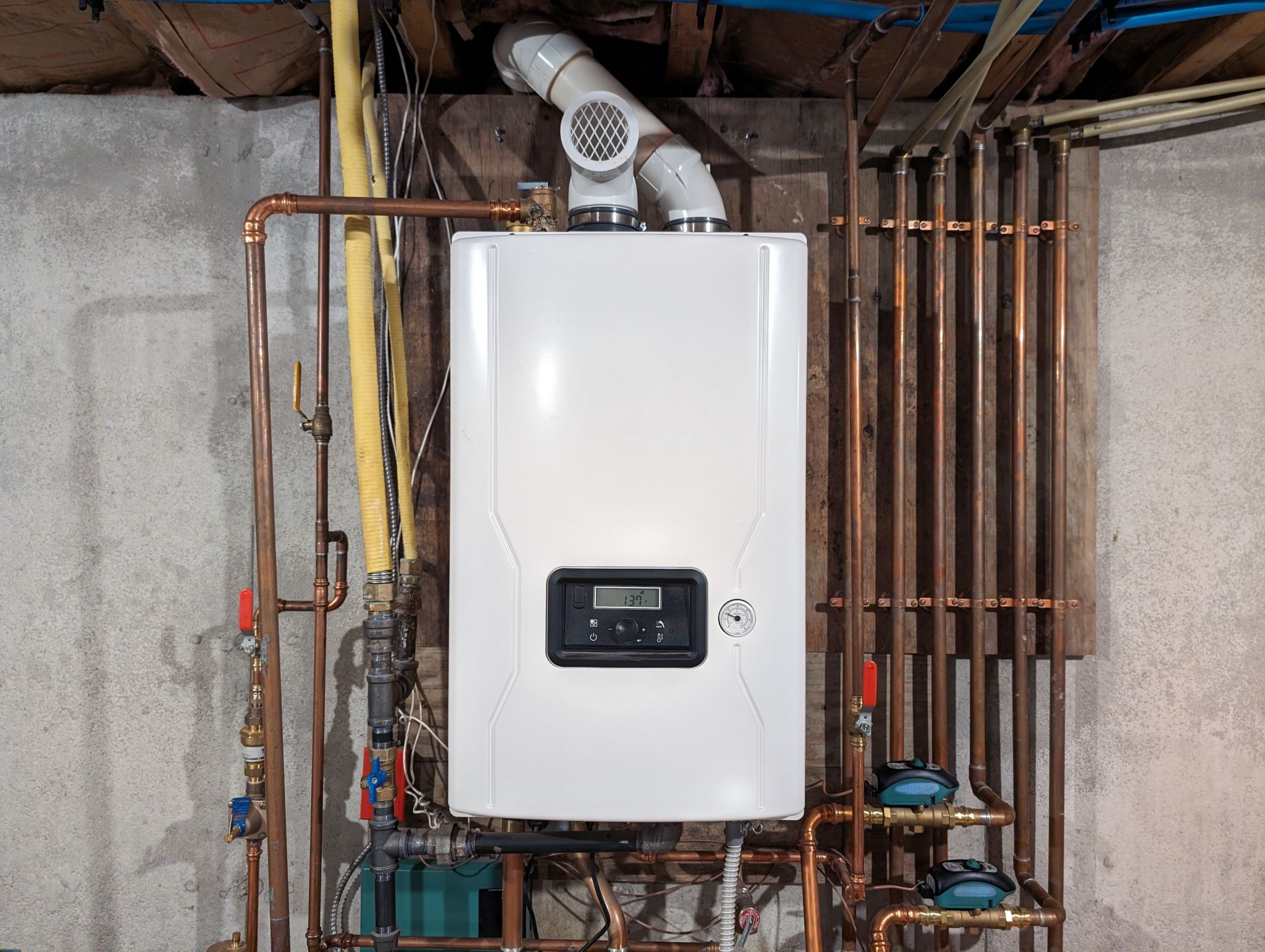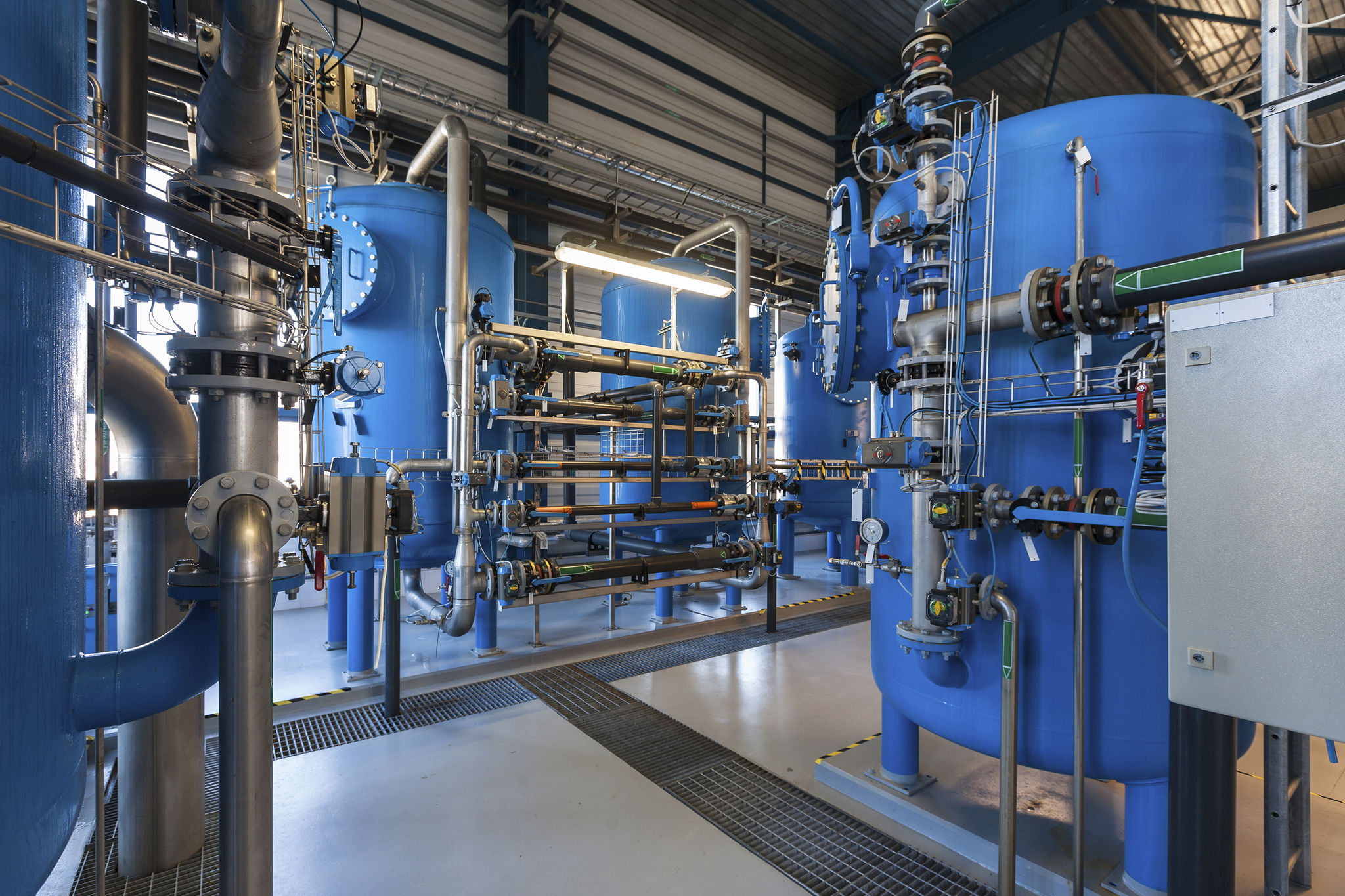Common Myths About Water Heaters: What You Need to Know
Understanding the Basics: What Is a Water Heater?
Water heaters are essential household appliances that provide hot water for various everyday needs, including bathing, cooking, and cleaning. Despite their importance, several myths surround these devices, leading to misconceptions about their operation, maintenance, and efficiency. In this post, we aim to debunk some of these common myths and provide you with the facts you need to make informed decisions about your water heater.

Myth 1: Water Heaters Are Maintenance-Free
One prevalent myth is that water heaters require no maintenance. In reality, regular maintenance is crucial to ensure the longevity and efficiency of your appliance. Annual check-ups by a professional can help detect potential issues before they become costly repairs. Simple tasks like flushing the tank and checking the anode rod can prevent corrosion and sediment build-up.
Neglecting maintenance can lead to decreased efficiency and higher energy bills. Regular inspections not only keep your water heater running efficiently but also ensure safety in your home by preventing leaks or even more serious issues.
Myth 2: Bigger Is Always Better
When it comes to water heaters, bigger doesn't necessarily mean better. It's a common misconception that a larger tank will always meet your hot water needs more effectively. The size of the water heater should be based on your household's specific needs and the number of people using hot water daily. Oversized units can lead to wasted energy, while undersized units may not meet demand.

Consider consulting with a professional to assess your household's hot water usage and recommend an appropriately sized unit. This ensures efficiency and helps keep your energy bills in check.
Myth 3: All Water Heaters Are the Same
Another myth is that all water heaters function similarly and provide the same results. In truth, there are different types of water heaters—traditional tank models, tankless systems, heat pump water heaters, and solar-powered units—each with its own benefits and limitations. Understanding these differences is key to selecting the right model for your home.
- Tank Water Heaters: Store hot water and maintain it at a preset temperature.
- Tankless Water Heaters: Heat water on demand, which can be more energy-efficient for some households.
- Heat Pump Water Heaters: Use electricity to move heat from one place to another instead of generating heat directly.
- Solar Water Heaters: Use solar panels to heat water, offering an eco-friendly option.

Myth 4: Setting the Thermostat Higher Provides More Hot Water
A common misconception is that setting your water heater's thermostat to a higher temperature will provide more hot water. While this might seem logical, it can lead to unnecessary energy consumption and potentially scalding hot water. The recommended temperature setting for most households is around 120°F (49°C). This setting is hot enough for most uses while being energy-efficient and safe.
If you're running out of hot water frequently, it may be a sign that your water heater is undersized or needs maintenance rather than an issue with the thermostat setting.
Final Thoughts: Making Informed Decisions
Understanding the facts about water heaters can lead to better decision-making when it comes to purchasing, maintaining, and operating these essential appliances. Debunking these myths not only helps avoid unnecessary expenses but also enhances the efficiency and longevity of your water heater.
If you're unsure about any aspect of your water heater or are considering an upgrade, seeking advice from a certified professional is always a wise move. Stay informed and let factual knowledge guide your choices for a reliable hot water supply in your home.
